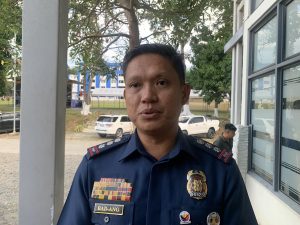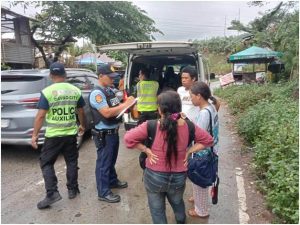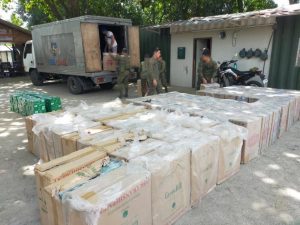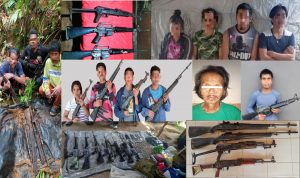The Southern Philippines Medical Center (SPMC) has taken measures to adapt to the “new normal” as the country continues to grapple with the threat of the COVID-19 pandemic.
Dr. Maria Elinore Concha, SPMC chief training officer, said controlling disease transmission is one touchstone for relaxing the lockdown. To date, the enhanced community quarantine has proven to be an effective approach to slow down the virus and flatten the curve.
For example, from the previous two days, the case doubling time has now stretched to 28 days.
“With this new normal, SPMC is considering tele-appointment by virtual consultation. We are zoning as we are still an operating COVID hospital and we would also want to serve non-COVID patients.” Concha explained.
Heightening of surveillance and contact tracing will also be carried out with the help of the Regional Epidemiology and Surveillance Unit (RESU) and City Epidemiology and Surveillance Unit (CESU).
Soon, the SPMC will also procure a faster PCR test with the use of GeneXpert machine–a molecular test for tuberculosis containing cartridges that can help detect the virus faster. Along with this is the use of an automated RT-PCR.
The government hospital is also waiting for the ethics clearance of some newly discovered drugs. A promising treatment regimen is being thoroughly researched and the city awaits its confirmation and arrival.
Dr. Lenny Joy Rivera, Department of Health (DOH) Davao assistant regional director, said during the live presser that the government is already taking measures prior to the lifting of the ECQ. All four criteria– early detection, isolation, management/treatment, and reintegration–should be institutionalized to help Davao City ease the lockdown measures and kickstart the economy.
In Davao City, there are 3,146 who are being contacted and monitored for contact with confirmed COVID-19 cases. The Department of the Interior and Local Government (DILG) and the local government units are leading the contact tracing efforts.
“Everyone, not only the front liners and government agencies carry a big role for the success toward this new normal,” Rivera added.
Rivera also advised suspected patients to provide concrete details during profiling, especially their designated barangay locations, for the DOH to release accurate reports.
Meanwhile, the DOH is providing Davao City with procedures and guidelines on how to handle the returning residents. City Hall has brought home about 400 residents stranded in other regions through two sweeper flights on May 4 and 6.
“For the repatriate procedures in the city, asymptomatic with no symptoms and a negative rapid diagnostic test are required to do home quarantine after arriving,” Rivera said, adding that they are also deploying medical personnel to the quarantine areas.
As of 5 p.m. on May 4, Davao Region has a total of 142 COVID-19 cases, with 125 of them for Davao City. (Alleiah Igbalic/ADDU intern)





